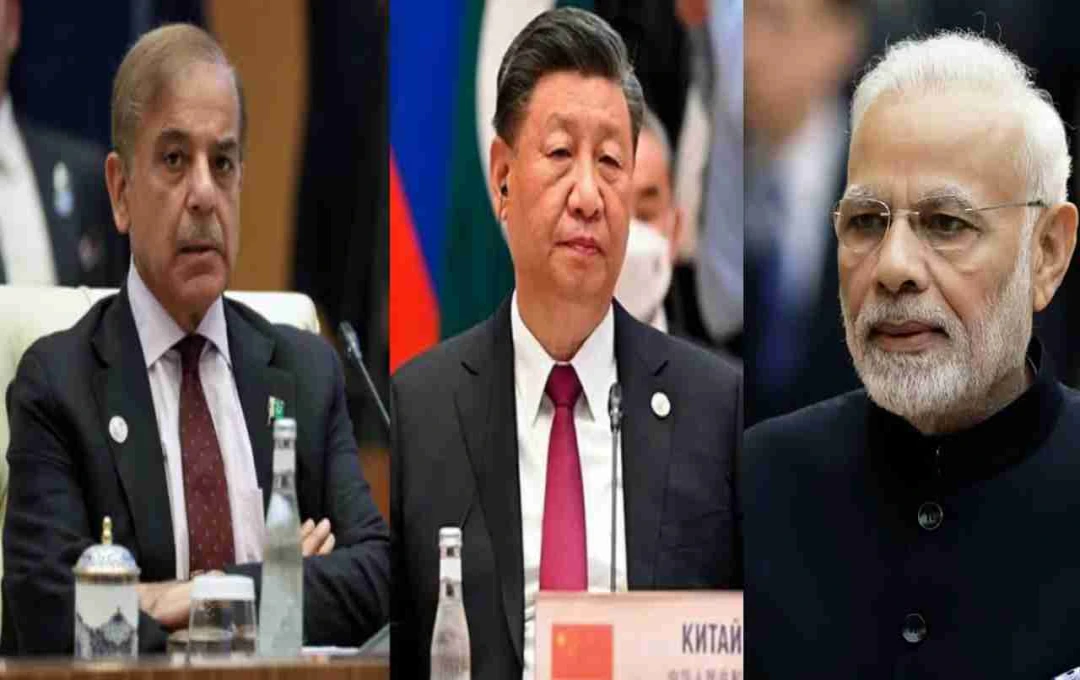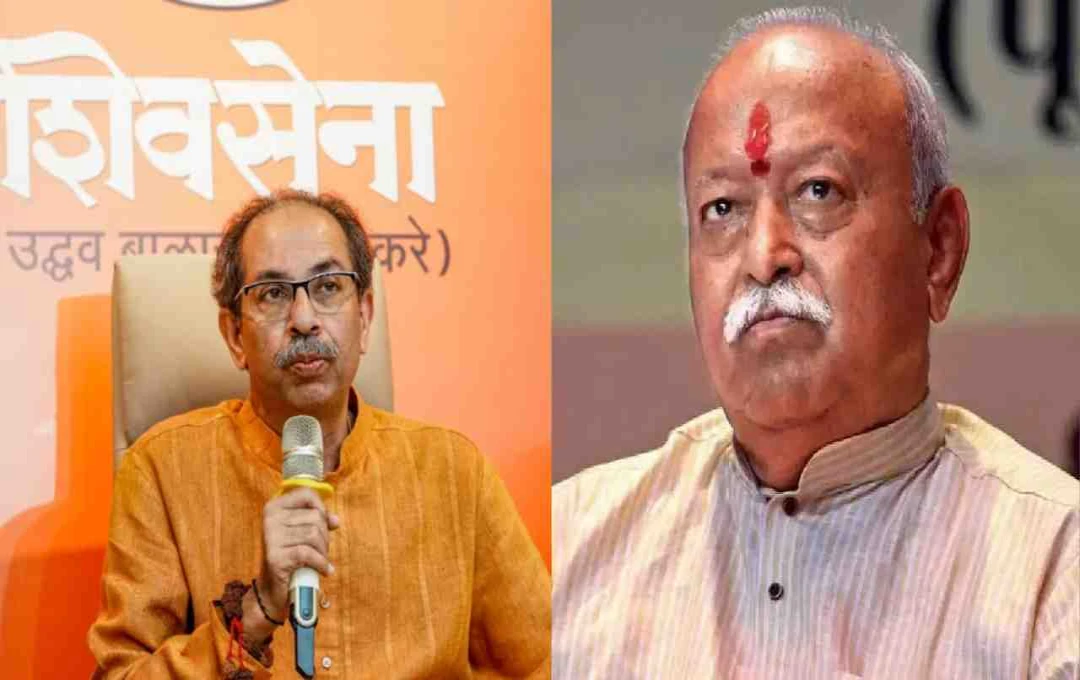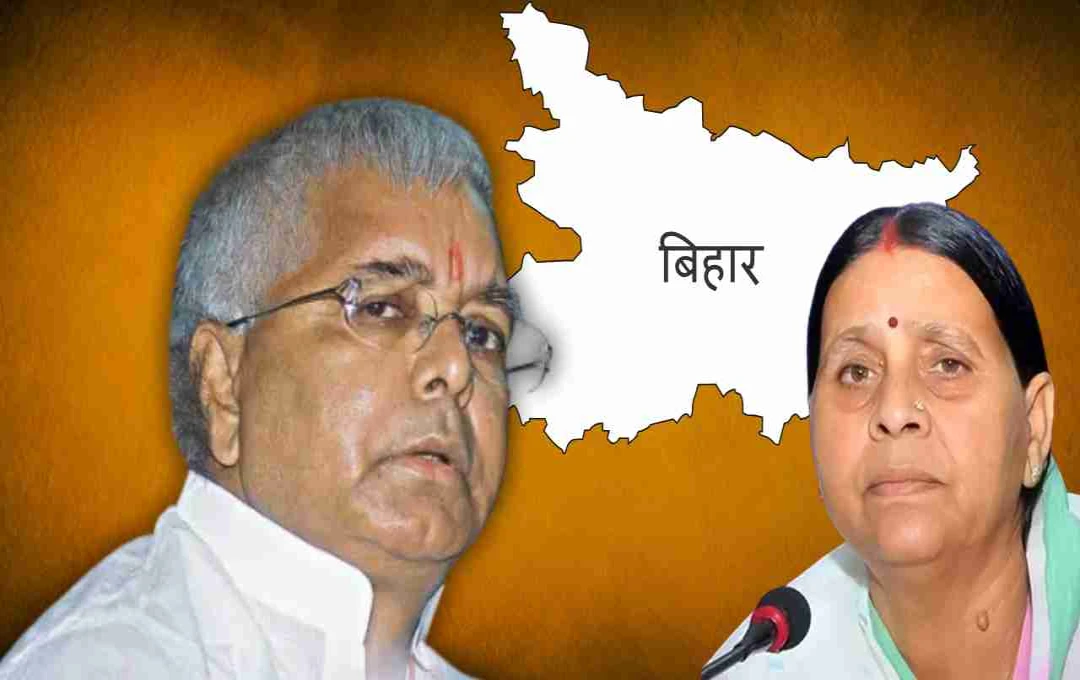China Condemns Pulwama Terrorist Attack While Maintaining Support for Pakistan. Wang Yi's conversations with both Ishaq Dar and Ajit Doval highlight this contradictory stance.
India-Pak Tension: China's recent policies have positioned it as a nation shifting its stance on both sides simultaneously. While condemning the terrorist attack in Pulwama, Jammu and Kashmir, China simultaneously referred to Pakistan as its "ironclad friend." This highlights China's dual policy: ostensibly opposing terrorism while simultaneously supporting Pakistan as a strategic partner.
China's Condemnation of the Pulwama Attack
The terrorist attack in Pulwama, Jammu and Kashmir, on April 22nd, shook the region. The attack resulted in the loss of Indian security personnel, prompting global concern. China bly condemned the attack. Chinese Foreign Minister Wang Yi, in a phone conversation with India's National Security Advisor Ajit Doval, reiterated China's commitment to combating terrorism.
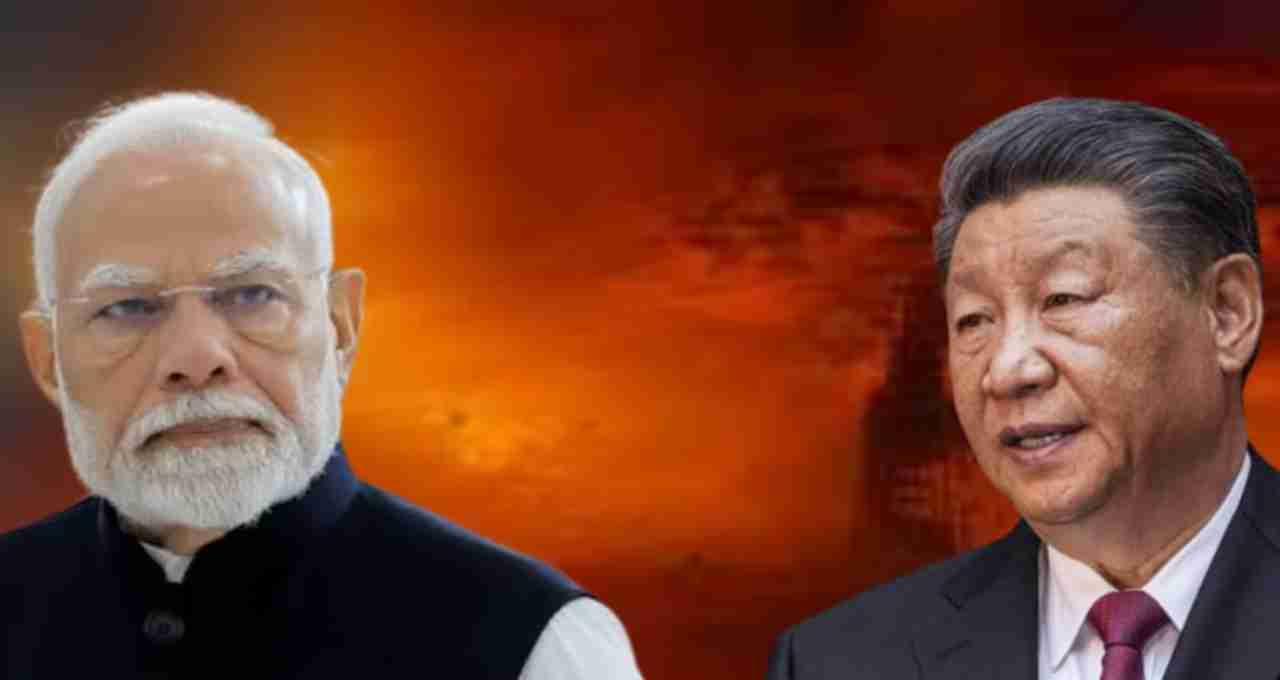
China clarified its opposition to terrorism and its commitment to maintaining peace and stability in Asia. Wang emphasized the need for both India and Pakistan to exercise restraint and resolve their differences through dialogue. Furthermore, China expressed its desire for a comprehensive and lasting ceasefire for the entire world, benefiting not only India and Pakistan but the entire international community.
China's Support for Pakistan
However, Foreign Minister Wang Yi's statements regarding Pakistan are also noteworthy. During a conversation with Ishaq Dar, Wang referred to Pakistan as an "ironclad friend." China repeatedly reaffirmed its commitment to Pakistan, even calling it an "all-weather strategic partner."
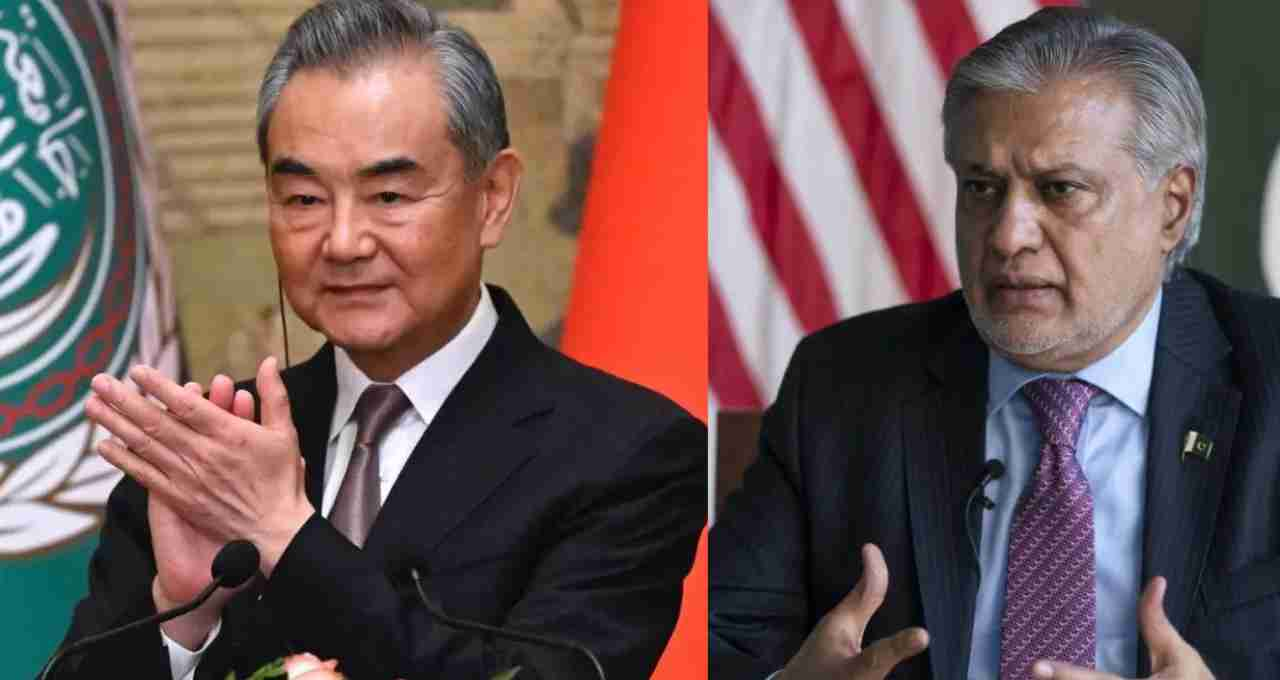
This move is again perceived as a policy where China considers Pakistan a close friend and supports it, regardless of Pakistan's alleged support for terrorism.
China's Enduring Relationship with Pakistan
The China-Pakistan relationship spans decades, with both nations maintaining a b partnership despite numerous crises. Wang Yi's statement suggests that China views Pakistan not merely as a strategic partner, but also as a crucial tool for achieving its national interests. Expert opinions on China's policy of supporting Pakistan's sovereignty and national independence are mixed. Some view it as a stable diplomatic move, while others see it as a tilt towards Pakistan.
Questions Raised about China's Dual Policy
Experts believe China's dual policy is questionable. While speaking out against terrorism, China simultaneously stands by Pakistan, a nation with a reputation for supporting terrorists. This policy complicates China's position in global politics, especially as it attempts to project a b stance against terrorism while maintaining its strategic partnership with Pakistan.
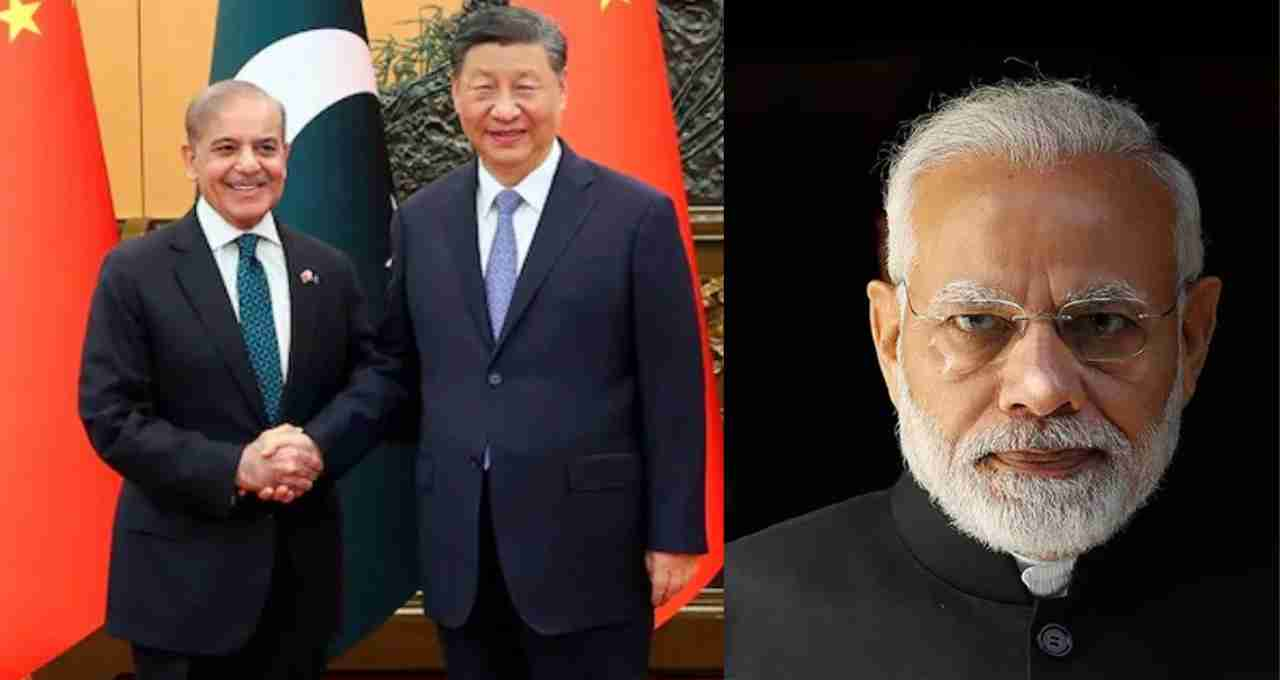
Ceasefire Between India and Pakistan
Amidst China's policy, a ceasefire was declared between India and Pakistan. Following days of military conflict, both nations agreed to a ceasefire. Several countries presented this as mediation, with China, the US, and Saudi Arabia playing prominent roles. However, India attributed it solely to bilateral talks and rejected any external intervention.
India's Response
India has yet to issue a formal statement on these events, but diplomatic circles perceive it as a reflection of China's dual policy. India will observe the impact of this policy in the coming days. China's stance raises the question of whether it genuinely opposes terrorism or plays a double game, prioritizing its strategic needs.
